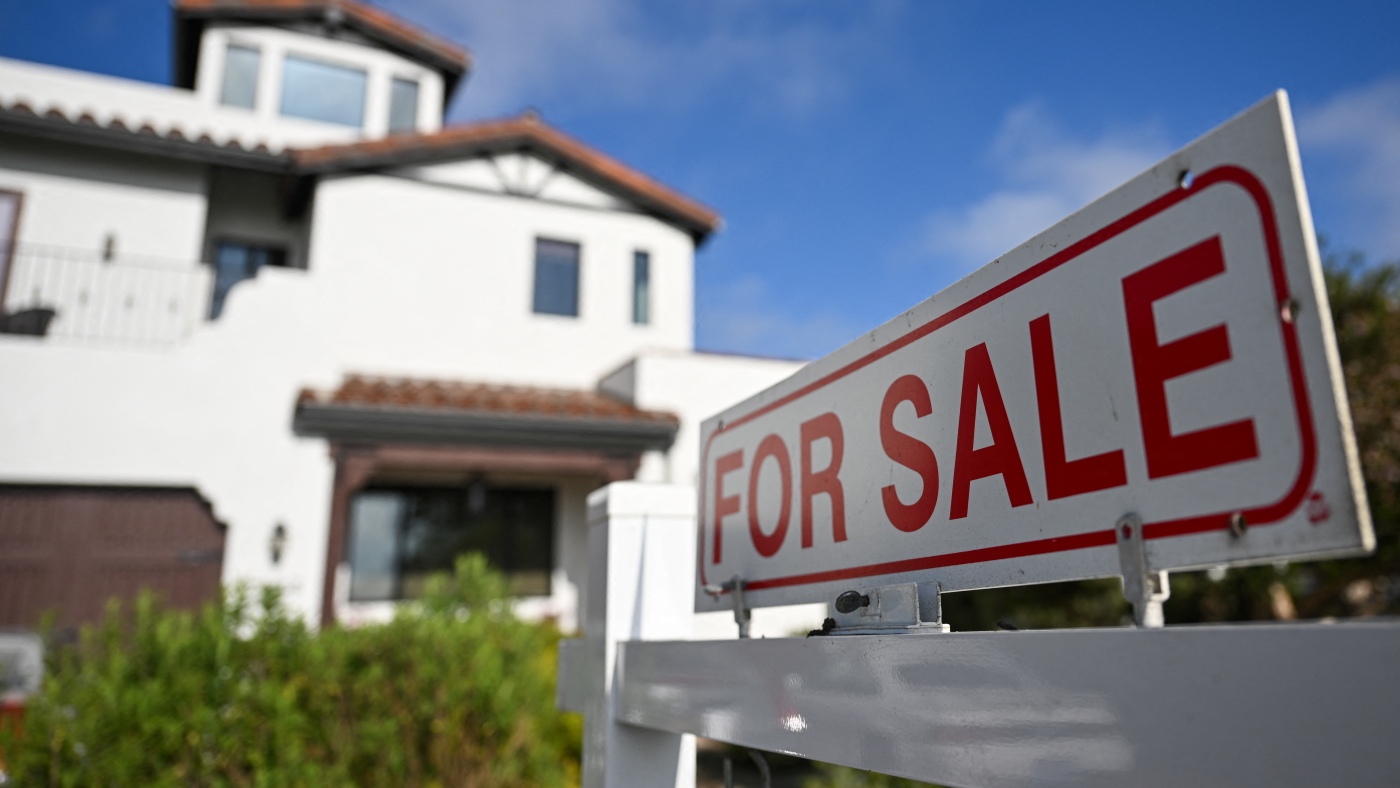
Как пандемия и социальная изоляция изменили наше восприятие течения времени.
На ранних стадиях пандемии большинство из тех, кто был заперт в своих домах, говорили, что им казалось, что время течет медленнее, и в результате они чувствовали себя одинокими.
По сообщению в журнале достижения науки, [{» attribute=»»>COVID-19 pandemic has altered how individuals perceive the passing of time.
The majority of research participants (65%) reported feeling that time was moving more slowly at the conclusion of the first month of social isolation, which occurred in May 2020. This perception was termed by the researchers as “time expansion,” and they discovered that it was linked to feelings of isolation and a lack of enjoyable activities throughout the time period.
Even more people (75%) said they didn’t experience as much “time pressure,” which is the sensation that time is passing more quickly and leaving less time for activities of daily living and recreation. 90% of those surveyed claimed they were taking shelter at home during that time.
“We followed the volunteers for five months to see if this ‘snapshot’ of the start of the pandemic would change over time. We found that the feeling of time expansion diminished as the weeks went by, but we didn’t detect significant differences with regard to time pressure,” André Cravo, first author of the article, told Agência FAPESP. Cravo is a professor at the Federal University of ABC in São Paulo state, Brazil.
The research started on May 6, when 3,855 participants recruited via social media responded to a ten-item online questionnaire and completed a simple task meant to test their ability for short interval estimation (pressing start and stop buttons in 1, 3, and 12 seconds). They were then questioned about their daily activities the week before (including whether they had finished all required tasks and how much time they had set aside for leisure) as well as how they were feeling right now (happy, sad, lonely, etc).
“They were invited to return every week for further sessions, but not everyone did,” Cravo said. “In the final analysis, we considered data for 900 participants who answered the questionnaire for at least four weeks, albeit not all consecutively.”
Using time awareness scales from 0 to 100 that are standard for this type of survey, the researchers analyzed the answers and calculated the two parameters – time expansion and time pressure – to see whether they increased or decreased week by week.
“Besides a rise or fall on the scales, we also analyzed the factors that accompanied the changes. During the five-month period, we observed a similar pattern: in weeks when participants reported feeling lonely and experiencing less positive affect, they also felt time pass more slowly. In highly stressful situations, they felt time pass more quickly,” Cravo said.
When the first set of answers to the question on the passage of time was compared with the second, provided at the end of the first month of confinement, perceptions of time expansion had risen 20 points while time pressure had fallen 30 points, according to Raymundo Machado, a scientist at the Brain Institute of the Albert Einstein Jewish Hospital (HIAE) in São Paulo, and last author of the article. “These results are evidently affected by memory bias, however, because no measurements were made before the pandemic,” he said.
Time slowed most for younger participants early in the pandemic, when compliance with social distancing rules was strictest. Except for age, demographic factors such as household size, occupation, and gender, had no influence on the results.
For the authors, this may be an effect of the sample profile. Most of the volunteers (80.5%) lived in the Southeast region. A large majority were women (74.32%). Most had completed secondary school, and a great many even had a university degree (71.78%). In terms of income, roughly a third were upper middle class (33.08%). Sizable minorities worked in education (19.43%) and healthcare (15.36%).
“This is typical of online surveys, where a majority are women living in the Southeast with high levels of formal education. The influence of demographics might have been more evident if the sample had represented the Brazilian population better,” Machado said.
Internal clock
Although the pandemic changed participants’ perceptions of the passage of time, it apparently did not affect their ability to sense duration, measured by the button-pressing task. “All of us are able to estimate short intervals. When the results of this time estimation test [including overestimation and underestimation of the intervals] Их сравнивали с результатами восприятия времени, и не было никакой корреляции», — сказал Мачадо.
По словам Краво, данные из научной литературы указывают на то, что на ощущение того, что время течет медленнее или быстрее, в первую очередь влияют два фактора: важность времени в данном контексте и его непредсказуемость. Например, если вы опоздали на работу. [so that time is relevant in the context] И я должен ждать автобус [unpredictable timing]У вас крайнее восприятие того, что минуты не проходят. Когда вы в отпуске и развлекаетесь, это не время, и кажется, что оно летит.
Восприятие часто меняется, когда мы вспоминаем прошлые ситуации. «Когда вспоминаешь, что делал в отпуске, кажется, что время продлилось дольше. Наоборот, когда стоишь в очереди, время идет очень медленно, а когда потом вспоминаешь ситуацию, то она как бы быстро закончилась. — сказал Краво.
В случае с пандемией COVID-19 неизвестно, как люди запомнят течение времени в период социального дистанцирования. «Многие временные вехи, такие как карнавал, июньские фестивали и дни рождения, пришлось пропустить за последние два года, поэтому вопрос остается открытым», — заключил он.
Ссылка: «Испытание времени во время социального дистанцирования: продольное исследование в первые месяцы пандемии COVID-19 в Бразилии», Андре Масиоли Краво, Густаво Брито де Азеведо, Криштиану Мораес Беллаччи Азариас, Луиза Кэтрин Барни, Фернанда Дантас Буэно и Рафаэль. Путь. Ди Камарго, Ванесса Карнейро Морита, Исау Вентура Бобо Сириус, Ренан Скьяволин Речио, Матеус Сильвестрин и Раймундо Мачадо де Азеведу Нето, 13 апреля 2022 г., наука идет вперед.
DOI: 10.1126 / sciadv.abj7205
Исследование финансировалось FAPESP.

«Наркоман поп-культуры. Поклонник телевидения. Ниндзя алкоголика. Абсолютный фанат пива. Профессиональный знаток твиттера».






More Stories
SpaceX успешно запустила группировку навигационных спутников для Евросоюза
Замечена пара массивных плазменных струй, вылетающих из гигантской черной дыры Черные дыры
Драматические изображения гигантской полнолуния и частичного лунного затмения